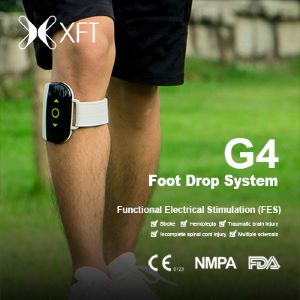Jason Fanning, PhD
Assistant Professor
Wake Forest University
I am a behavioral scientist, and over the past 12 years my focus has been on the development of interventions targeting physical activity, sedentary, and dietary behaviors. Much of this work rests on the development of technologies specifically for older adults to better support behavior change remotely and in real time. For instance, I recently led the development of an mHealth toolset for the EMPOWER trial (R01AG051624) alongside Co-I Dr. Rejeski. Older adults in this trial received a center-based, group-mediated diet and physical activity (exercise and/or movement throughout the day) intervention and used a smartphone app I developed to stay in touch between weekly visits and to self-monitor active and sedentary behaviors. Participants across all intervention conditions demonstrated significant decreases in body mass and significant increases in physical functioning and total activity time. The primary outcomes from this trial were recently published in Obesity. Following the success of EMPOWER we completed the MORPH trial, for which I was Co-PI alongside Co-PI Brooks (R21AG058249), and Drs. Rejeski and Ip served as Co-Is. MORPH focused on the development of the mHealth Companion app with a focus on promoting movement throughout the day in older adults with chronic pain. Those who received dietary weight loss plus movement throughout the day demonstrated significant weight loss and a large and clinically meaningful improvement in physical functioning compared with the control condition. Following MORPH, Dr. Brooks and I leveraged a competitive endowment from Wells Fargo to conduct an iterative refinement study—MORPH-II—to test a fully remote adaptation of MORPH and to address limitations to the coaching model in the first MORPH pilot. Compared with a low-contact control, those receiving the MORPH intervention demonstrated significant and large magnitude improvements in daily steps and sedentary breaks as well as more favorable changes in measures of autonomy, relatedness, and competence (manuscript under review). The proposed project represents a vital next step in this line of research, allowing us to, for the first time, examine the individual contributions of the physical activity, dietary weight loss, and group-mediated delivery components of the MORPH intervention. This is highly valuable both to other researchers interested in developing similar programs and for building an optimized intervention package retaining only components that elicit a meaningful impact on pain and health-related quality of life. Additionally, as both MORPH and MORPH-II recruited small samples and were short in duration, the proposed trial will allow us to examine the impact of MORPH over a longer duration (6 months of active intervention, 12 months of maintenance) and in a suitably large sample. Given my successes leading behavioral trials with older adults with chronic pain, applying mHealth tools in this context, and collaborating with the other members of the investigative team, I am fully confident in our ability to execute our planned research and to improve the quality of life of those living with chronic pain.
Poster(s):
-
Wednesday, November 1, 20232:25 PM - 2:31 PM

.jpg)
